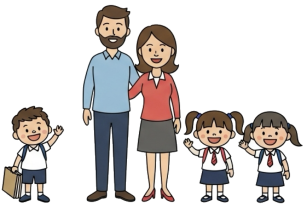
Question More, Action Knowledge.
Remember, at QMAK, we don’t just teach; we empower. We don’t just inform; we inspire. We don’t just question; we act. Become a Gold Member, and let’s unlock your child’s full potential, one question at a time.
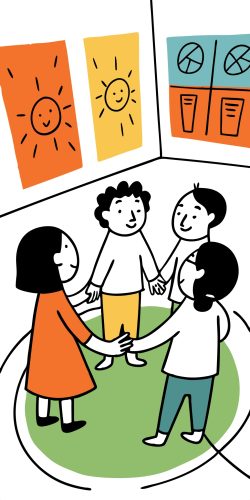
Emotional intelligence—the ability to recognize, understand, and manage emotions in oneself and others—forms the foundation for resilience, healthy relationships, and effective problem-solving.
Children who develop strong emotional intelligence are better equipped to handle life’s challenges without falling into patterns of self-pity or helplessness.
These activities are designed to help 7-year-olds develop the components of emotional intelligence: emotional awareness, vocabulary, expression, regulation, and empathy.
Through regular practice with these skills, children learn to navigate their emotional landscape with confidence and flexibility rather than becoming overwhelmed or stuck in negative feelings.
Purpose: To develop emotional awareness and vocabulary through visual representation and regular identification of feelings.

Design a visual tool that represents a wide range of feelings:
Help your child understand and connect with the tool:
Establish a consistent practice of emotional awareness:
Apply the tool when feelings are active:
Gradually deepen emotional understanding:

Purpose: To develop emotional understanding, expression, and empathy through active practice in a playful, low-pressure environment.

Develop age-appropriate situations for emotional exploration:
Create a supportive environment for emotional practice:
Facilitate meaningful emotional practice:
Help children extract insights from the experience:
Develop skills and complexity over time:

Purpose: To develop emotional awareness, reflection, and healthy expression through regular private documentation of experiences and feelings.

Make the journal special and inviting:
Create consistency that builds the reflection habit:
Support expression without directing it:
Create opportunities for processing without pressure:
Grow the journaling approach alongside development:

Purpose: To develop self-regulation skills through concrete tools and strategies that help manage big emotions effectively.

Create a concrete resource for emotional regulation:
Help your child understand how and when to use the kit:
Provide structure for using the kit effectively:
Help your child apply their skills when emotions are high:
Adapt the resource as needs and skills change:

Purpose: To develop the skills to address emotional challenges systematically, connecting feelings to constructive action.
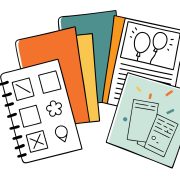
Develop a clear, consistent approach to emotional challenges:
Help children connect feelings to the problem-solving process:
Teach children to assess options thoughtfully:
Help children put their chosen solution into action:
Help children internalize problem-solving skills:

These emotional intelligence activities help children develop:
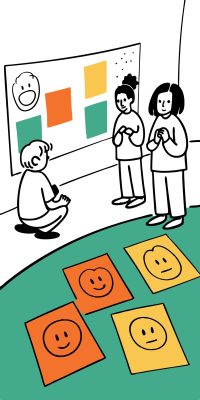
Remember that emotional intelligence develops gradually through consistent practice and supportive guidance.
By helping your child build these essential skills, you provide them with tools that naturally counter tendencies toward self-pity by fostering emotional resilience and agency.
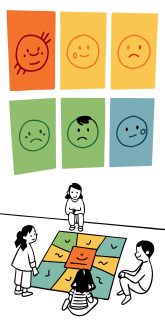
The goal is to help your child develop a healthy relationship with their emotions, viewing feelings as valuable information rather than overwhelming experiences to be avoided or stuck within. This balanced emotional perspective naturally reduces tendencies toward self-pity by fostering understanding, expression, and constructive action.

Remember, at QMAK, we don’t just teach; we empower. We don’t just inform; we inspire. We don’t just question; we act. Become a Gold Member, and let’s unlock your child’s full potential, one question at a time.